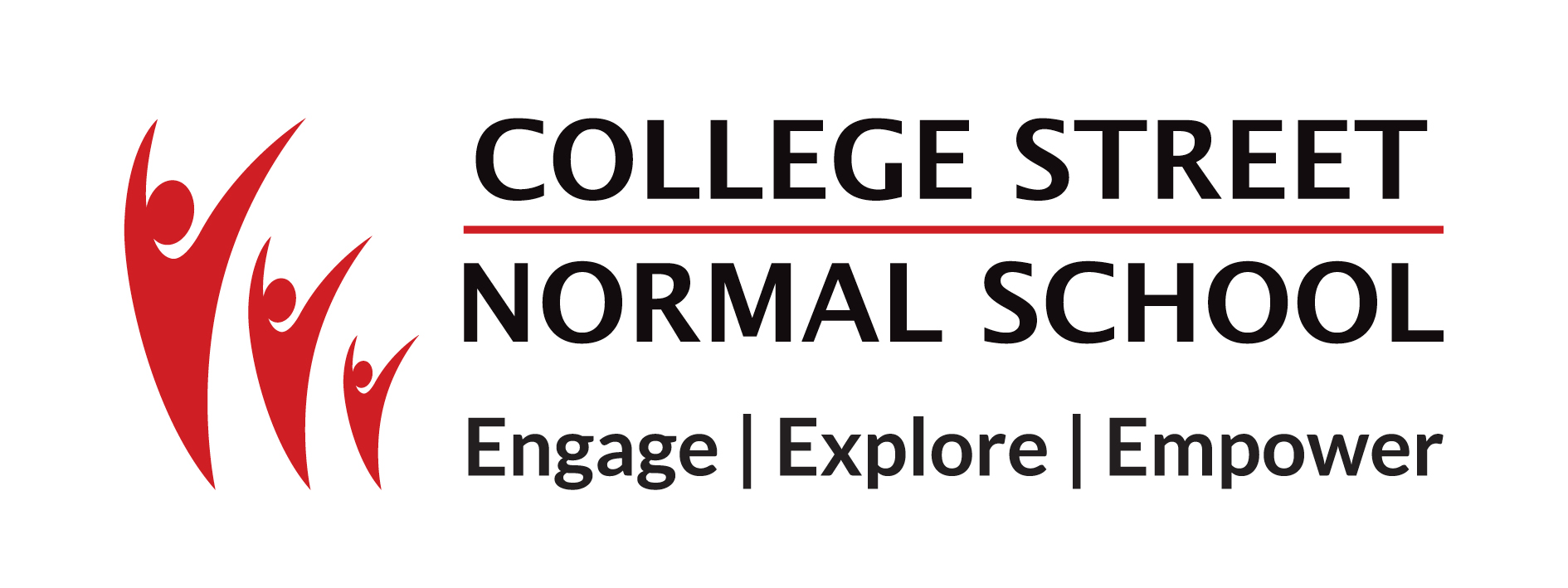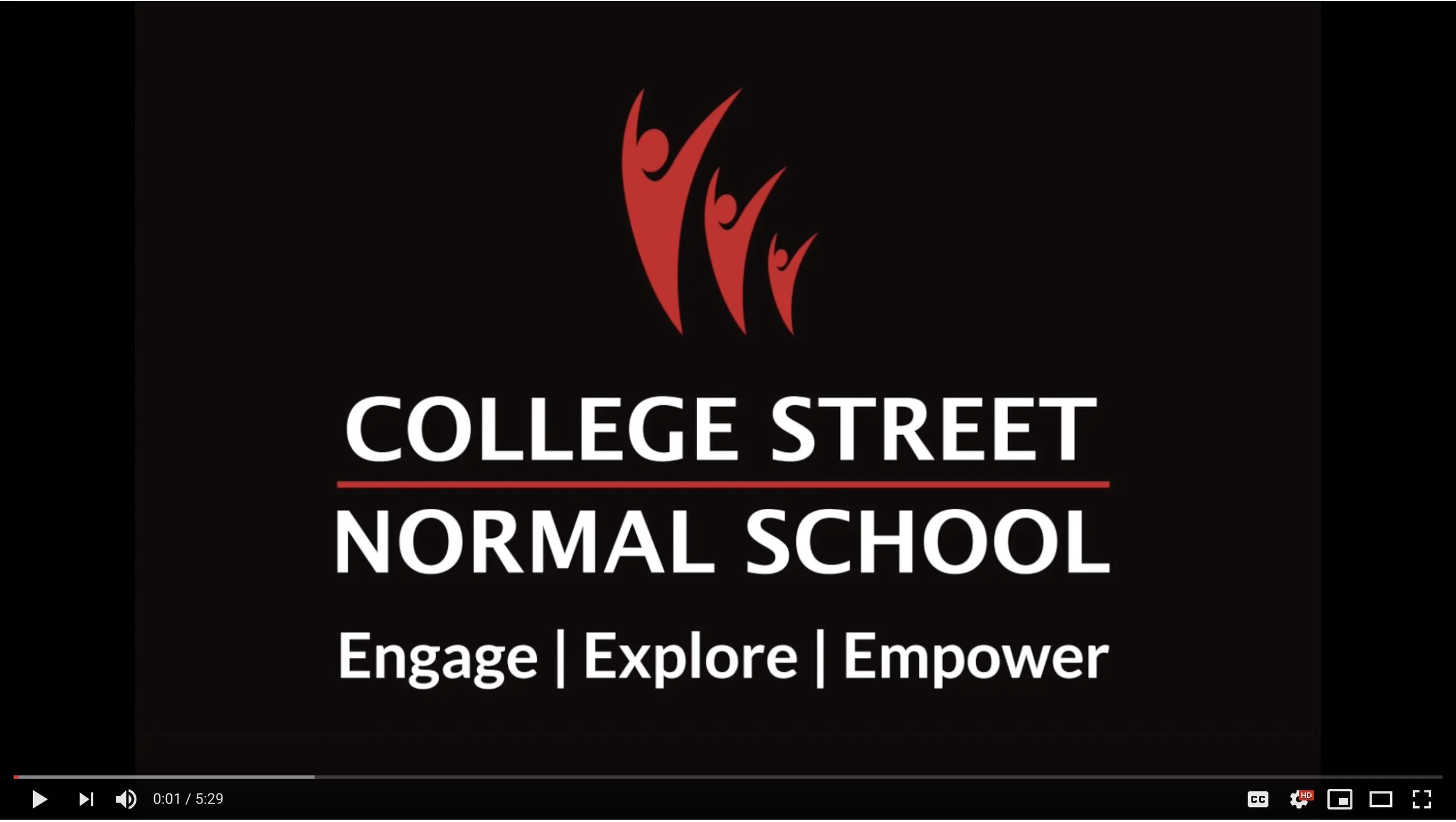Engage | Explore | Empower
VISION
Engage
We want to learn!
When students are engaged in their learning they see the relevance of it, it is of interest to them and they want to follow through to improve their understanding, knowledge and skills. Often they will also want to share what they have learned.
ERO - Modern New Zealand Learning Practice: Glossary 2015
Explore
We discover and challenge!
The action of examining an unfamiliar area. Synonyms include investigation, study, research, search, inspection, probe, enquiry, scrutiny.
ERO - Modern New Zealand Learning Practice: Glossary 2015
Empower
We lead our learning!
Learning that guides and encourages students to seek feedback, learn from their mistakes, and to take responsibility for their own learning. It is about the student being a partner in the learning instead of just receiving knowledge from the teacher.
ERO - Modern New Zealand Learning Practice: Glossary 2015
COMPETENCIES
AGENCY
We lead our learning.
When referring to a student it is about the student's knowledge and capacity:
to act and make a difference
to have choices and the ability to act on those choices
to direct learning and take responsibility for their own learning
to empower self learning
to contribute to the learning of others and how their learning community operates
understanding the process of how they learn and how to unlearn.
ERO - Modern New Zealand Learning Practice: Glossary 2015
CREATIVITY
We imagine, innovate and create.
The process of having original ideas that have value.
See - Imagination, Seeing something in the mind's eye.
Think - Creativity, Using imagination to solve problems.
Produce - Innovation, Applying creative ideas and implementing solutions.
Sir Ken Robinson 2014
THINKING
We are challenged by deep learning.
Thinking is about using creative, critical, and metacognitive processes to make sense of information, experiences, and ideas. These processes can be applied to purposes such as developing understanding, making decisions, shaping actions, or constructing knowledge. Intellectual curiosity is at the heart of this competency.
The New Zealand Curriculum - Ministry of Education 2007
COLLABORATION
We have greater impact together.
When individuals work together as a team on a problem, project or goal in an organised way, where they learn from and facilitate the learning of others. It is more than just cooperating. Collaborative learning can occur between just two students or within a larger group, and take a variety of forms.
ERO - Modern New Zealand Learning Practice: Glossary 2015
Collaboration: a process in which people work together to achieve shared goals by building relationships and trust. The process typically involves listening, working creatively together, and co-constructing knowledge.
NZC - INCLUSIVE PRACTICE AND THE SCHOOL CURRICULUM
COMMUNICATION
We connect and share ideas.
It is a process that is continuous in time.
It is interactive between people.
Its purpose is to transmit facts, thoughts, ideas, interpretations, desires and emotions.
http://www.atctraining.com/soft_skills_definition_of_communication.htm
PARTICIPATION
We choose to get involved.
Students who participate and contribute in communities have a sense of belonging and the confidence to participate within new contexts.
They understand the importance of balancing rights, roles, and responsibilities and of contributing to the quality and sustainability of social, cultural, physical, and economic environments.
The New Zealand Curriculum - Ministry of Education 2007
VALUES
EXCELLENCE
Aiming high and by persevering in the face of difficulties. Empowering all students to learn and achieve personal excellence, regardless of their individual circumstances.
The New Zealand Curriculum - Ministry of Education 2007
RESPECT
Willingness to treat with courtesy; to hold in high regard; to honour, to care about yourself and others.
http://cornerstonevalues.org/
KINDNESS
Willingness to help, show concern for and be friendly to others.
http://cornerstonevalues.org/
RESILIENCE
Important ability to keep working at a problem, to learn from mistakes, and not lose heart, or give up until the job is done.
ERO - Modern New Zealand Learning Practice: Glossary 2015












